Comments
- No comments found
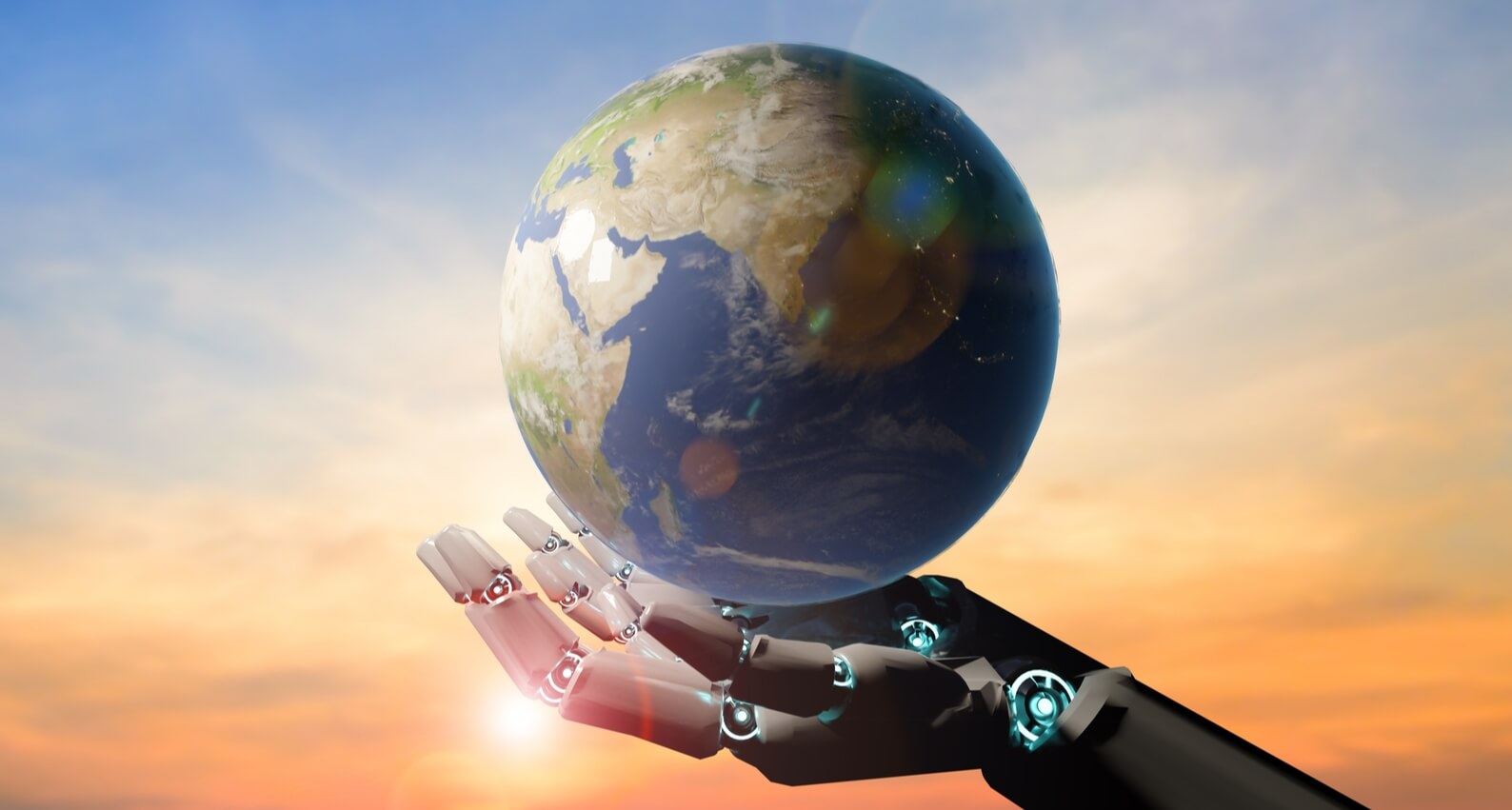
The advancement of technology in recent times has brought about a new level of precision in predicting natural disasters, including earthquakes.
AI, in particular, has shown to be a powerful tool in mitigating the impacts of earthquakes. With its ability to process and analyze vast amounts of data in real-time, AI can help detect potential earthquake hazards and provide crucial information to decision-makers. In this article, we explore the ways AI can help prevent earthquakes.
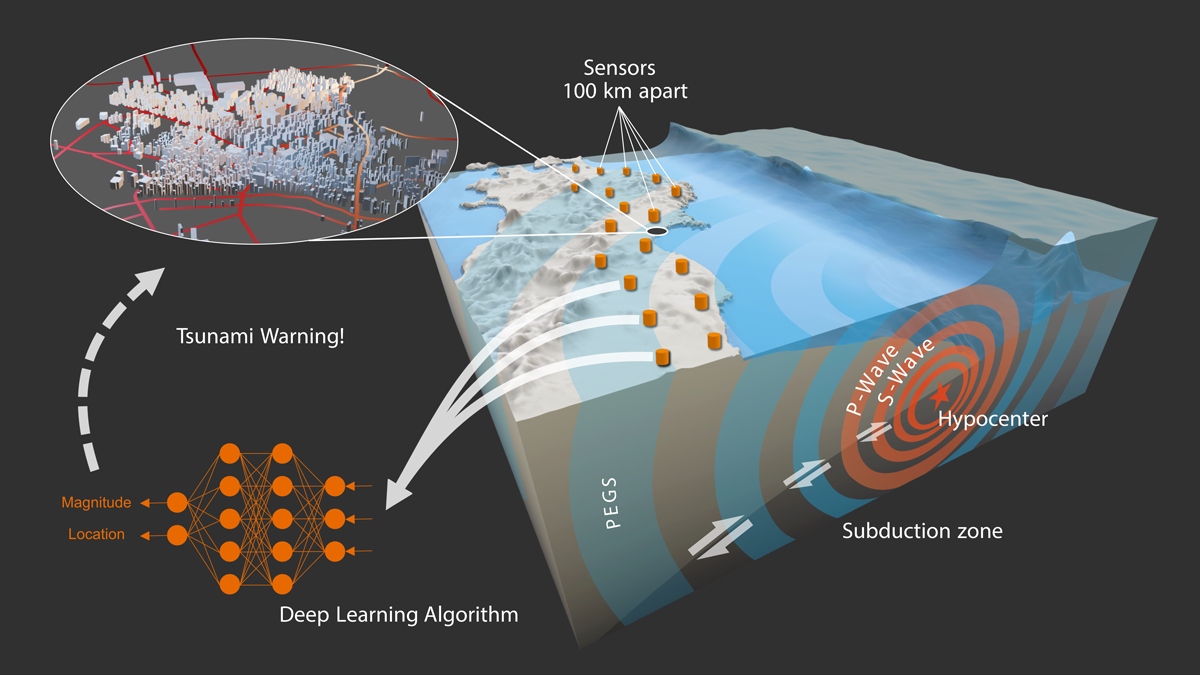
One of the most significant contributions of AI to earthquake prevention is in the development of early warning systems. These systems use advanced algorithms to process seismic data and provide early warning alerts to communities in the event of an impending earthquake. For example, in Mexico, a public early warning system known as the Mexican Seismic Alert System uses AI algorithms to detect and analyze seismic activity, providing real-time warnings to the public. The system has been successful in providing warnings to the population, helping reduce the death toll and economic damage caused by earthquakes.
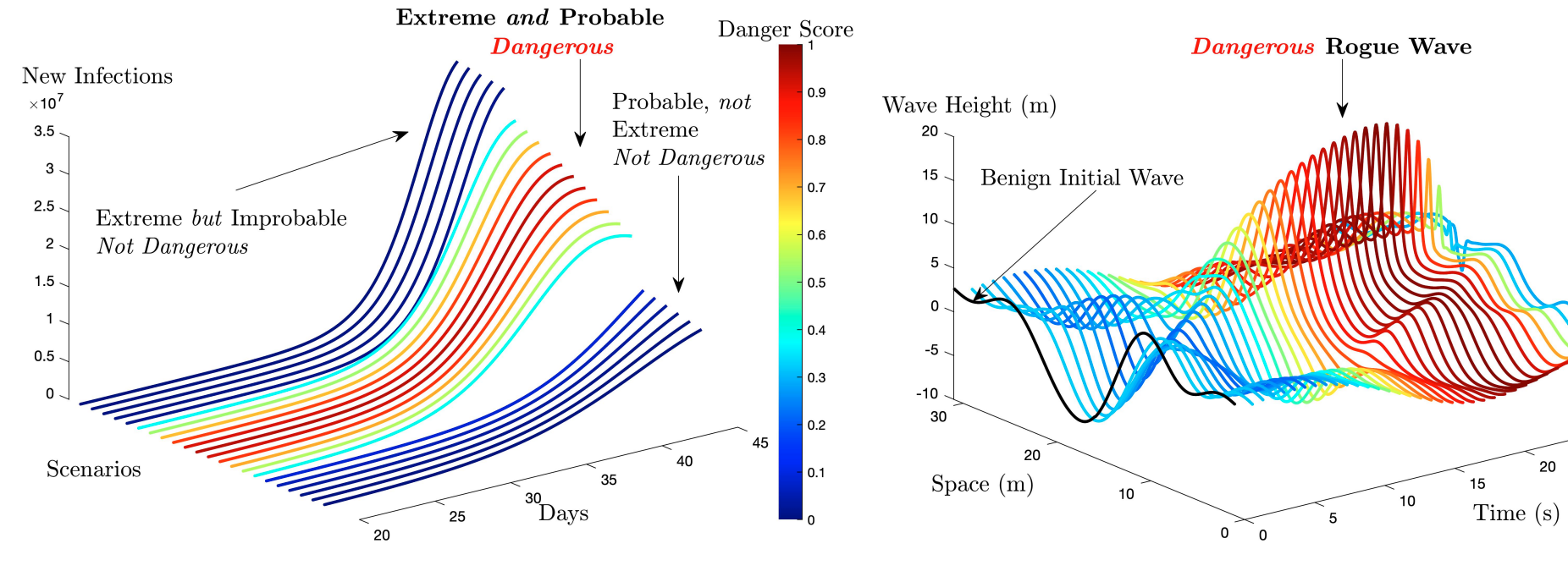
Predictive analytics is another area where AI is proving to be beneficial in earthquake prevention. Predictive models use historical data and machine learning algorithms to analyze patterns and predict future earthquakes. These models can identify potential seismic activity and provide early warning signals, allowing decision-makers to take appropriate measures to mitigate the impacts of earthquakes. For instance, in Japan, researchers are using predictive analytics to study the potential for earthquakes in the Nankai Trough, an area with a high risk of earthquakes. The model has been successful in identifying potential earthquake hazards, enabling authorities to take necessary measures to minimize damage.
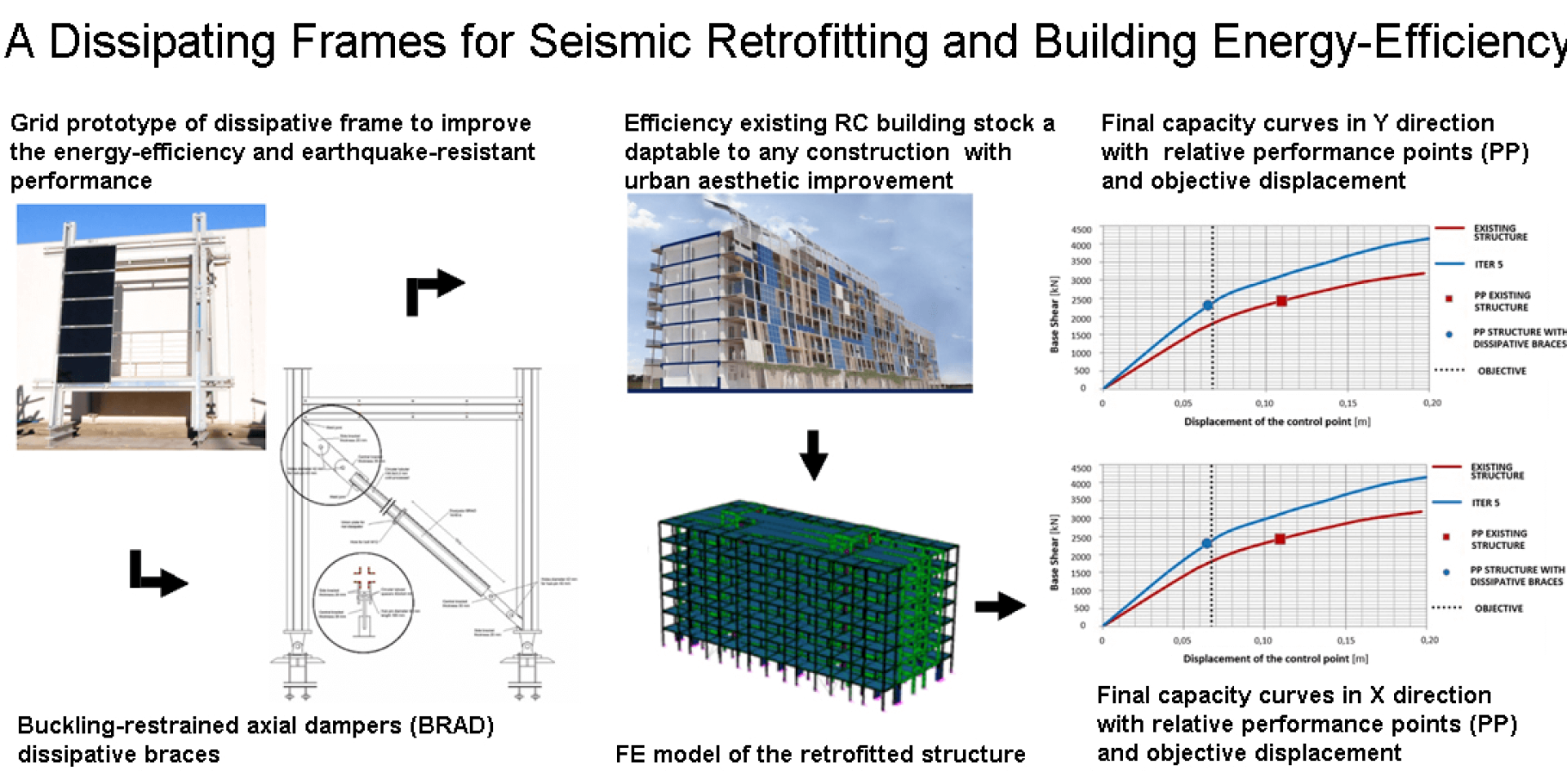
AI can also help in the design and retrofitting of buildings to withstand earthquakes. By analyzing building design, construction materials, and seismic data, AI algorithms can identify weaknesses in building design and provide recommendations for retrofitting. This can help prevent building collapses and reduce the number of casualties during earthquakes. In California, engineers are using AI to retrofit old buildings to make them earthquake-resistant. The technology has been successful in identifying structural weaknesses in buildings and providing solutions to make them safer.
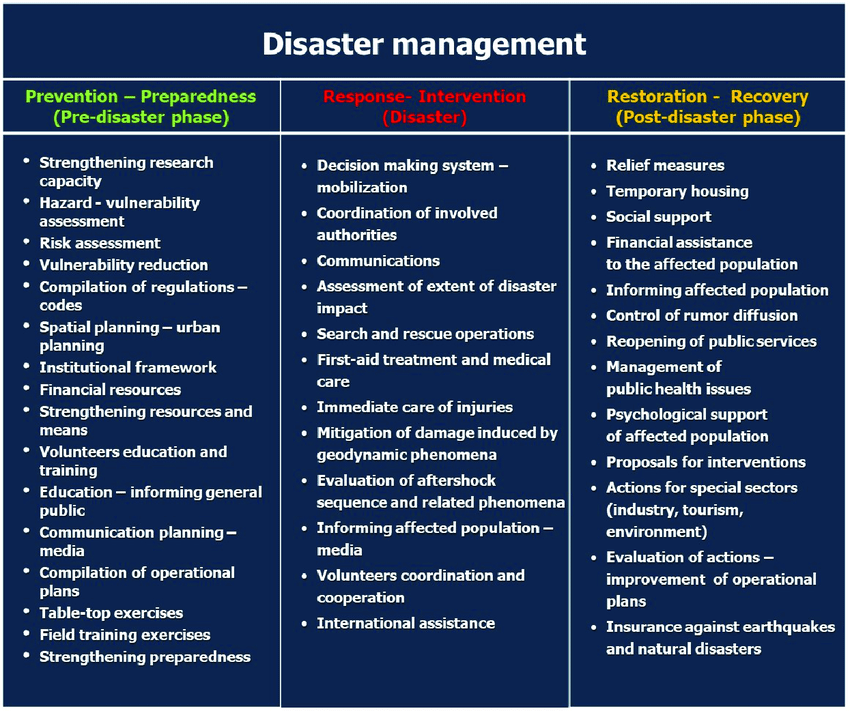
In the event of an earthquake, AI can also help in disaster response planning. By analyzing satellite images and other data sources, AI algorithms can quickly identify the affected areas and provide critical information to rescue teams. This can help speed up the rescue and recovery process and save more lives. For example, in Nepal, researchers are using AI to analyze satellite images of the 2015 earthquake and identify areas with the highest need for aid. This information has been crucial in helping organizations prioritize their relief efforts and provide aid to those in need.
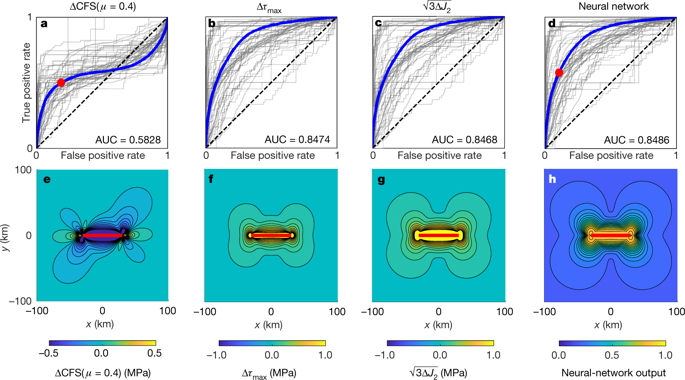
AI has shown to be a powerful tool in preventing earthquakes. With its ability to process and analyze vast amounts of data in real-time, AI can help detect potential earthquake hazards, provide early warning signals, and assist in disaster response planning. The use of AI in earthquake prevention has the potential to save lives and reduce economic damage. As technology continues to advance, we can expect to see further innovations in the use of AI in earthquake prevention.
Leave your comments
Post comment as a guest